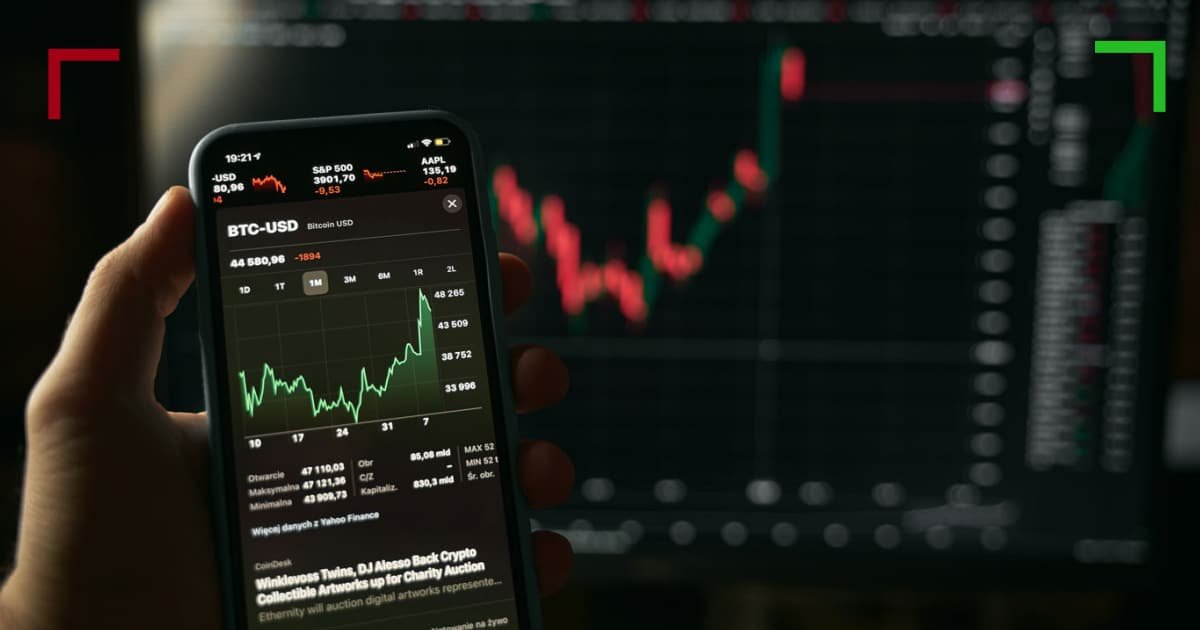Discover the Future Crypto Trading No KYC

Crypto Trading No KYC: A New Dawn for Traders
In an era where privacy has become increasingly important, the financial world is experiencing a shift towards less restrictive trading practices. Crypto Trading No KYC visit website Trading without KYC (Know Your Customer) regulations has emerged as a popular trend among cryptocurrency enthusiasts and traders. This article explores the rising phenomenon of crypto trading without KYC, examining its implications, benefits, and potential risks.
Understanding KYC and Its Impact on Crypto Trading
KYC, or Know Your Customer, refers to the process that financial institutions and services use to verify the identity of their clients. It is a regulatory requirement aimed at preventing fraud, money laundering, and other illicit activities. While KYC is crucial for the integrity of financial systems, many crypto traders find this requirement inconvenient and intrusive.
KYC processes can involve submitting extensive personal information, including identification documents, proof of address, and other sensitive data. This has led to a growing demand for platforms that allow trading without the need for such verification, thus opening the door for a new breed of exchanges and trading platforms.
Benefits of Crypto Trading No KYC
The appeal of trading cryptocurrencies without KYC requirements can be attributed to several key benefits:
1. Enhanced Privacy
One of the primary attractions of crypto trading without KYC is the enhanced privacy it offers. Traders can buy and sell cryptocurrencies without revealing personal information or being subject to invasive checks. This appeals to those who value their online anonymity.
2. Accessibility
No KYC platforms democratize access to cryptocurrency markets. Individuals in regions with stringent regulations or those without proper documentation can engage in trading without barriers. This opens up opportunities for a more diverse group of traders.
3. Faster Transactions
Without the need for KYC verifications, trading can occur at a much faster pace. Users can create accounts and start trading almost instantly, which is particularly advantageous in the fast-moving crypto market where timing can be critical.
4. Lower Fees
Many exchanges that require KYC also charge higher fees to cover the costs associated with compliance. No KYC platforms typically have lower trading fees, which can appeal to frequent traders looking to minimize costs.
Popular No KYC Exchanges
Several exchanges and platforms have gained popularity for allowing crypto trading without KYC requirements. Here are a few notable ones:
1. Binance
While Binance has implemented KYC regulations for some of its services, it still allows users to trade up to a certain limit without verification. This makes it a popular choice for many users who wish to retain a degree of anonymity.
2. Kraken
Similar to Binance, Kraken offers tiered trading services. Users can trade without KYC up to a certain limit, after which they will need to go through verification to access higher withdrawal limits and additional features.
3. LocalBitcoins

LocalBitcoins is a peer-to-peer exchange that allows users to trade directly with one another. While some trades may require some degree of identification, many transactions can be conducted without KYC, depending on the payment method used.
4. DEXs (Decentralized Exchanges)
Decentralized exchanges such as Uniswap, PancakeSwap, and others operate on smart contracts and do not require any form of KYC. Users can trade tokens directly from their wallets, ensuring that they maintain full control over their assets.
Risks of Trading Without KYC
Despite the advantages, trading cryptocurrencies without KYC does come with its own set of challenges and risks:
1. Lack of Consumer Protections
Exchanges that do not require KYC often lack the same level of consumer protections available on regulated platforms. Users may have fewer avenues for recourse in the event of a dispute or fraud.
2. Potential for Scams
The anonymity provided by no KYC trading can attract scammers looking to exploit unsuspecting users. Traders need to exercise caution and conduct thorough research before engaging in any transactions.
3. Regulatory Risks
The lack of KYC can lead to regulatory scrutiny. If an exchange or platform faces legal issues due to its non-compliance with local laws, it can impact users’ funds and their ability to trade.
Best Practices for Safe No KYC Trading
For those who wish to explore no KYC trading while minimizing risks, consider the following best practices:
1. Research Platforms
Before using any exchange, conduct thorough research to understand its reputation and security measures. Look for reviews from other users and assess the platform’s history.
2. Use Hot Wallets Wisely
Using a hot wallet for trading can be convenient, but beware of security risks. Consider withdrawing your assets to a cold wallet for long-term storage to reduce the risk of hacks.
3. Avoid Sharing Personal Information
While trading without KYC, be cautious about sharing any personal information. Ensure that you are not inadvertently providing data that could compromise your anonymity.
4. Stay Informed About Regulations
Keep yourself updated on the regulatory landscape regarding cryptocurrencies and KYC policies in your region. Regulations can change rapidly, and staying informed will help you make better trading decisions.
Conclusion
Crypto trading without KYC is an attractive option for many, offering privacy, accessibility, and lower fees. However, it is essential to weigh the benefits against the potential risks. By choosing reputable platforms and adopting safe trading practices, users can navigate the world of crypto trading without KYC more effectively. As the crypto landscape continues to evolve, remains vigilant and educated to seize opportunities while safeguarding their interests.

Leave a Reply